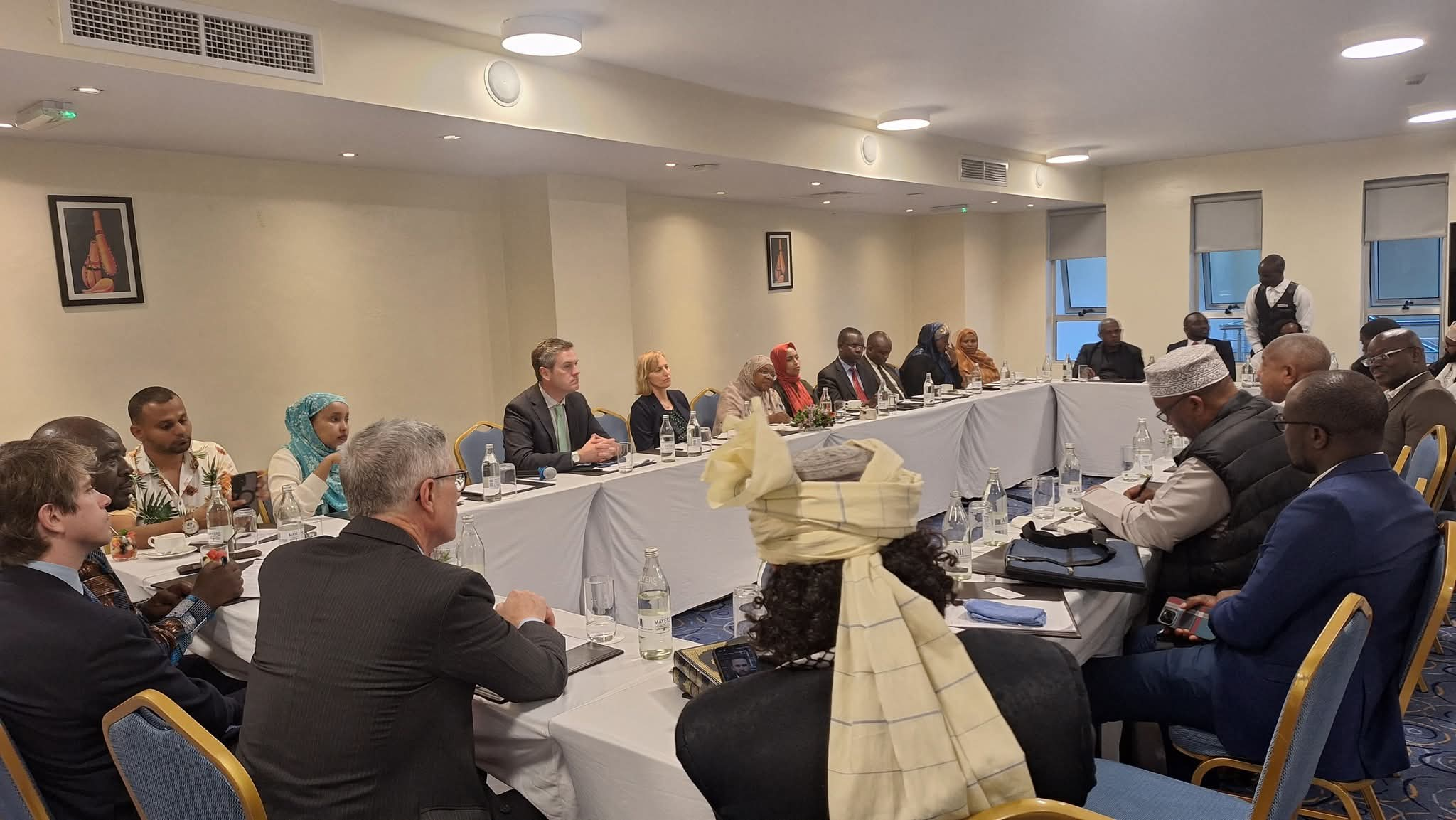Faith leaders, educators, and members of civil society gathered at a Hotel in Nairobi for a High Tea Interfaith Networking Event hosted by the U.S. Embassy in Kenya.
The occasion on Thursday was described by participants as a moment of dialogue, unity, and hope.
The event, which coincided with a global day of remembrance, brought together representatives from diverse religious traditions.
They reaffirmed the role of interfaith cooperation in promoting peace and healing in societies often fractured by division.
Dr. Mohamed Bahaidar, an alumna of the U.S. State Department’s International Visitor Leadership Program (IVLP) on Freedom of Religion and Interfaith Dialogue and also a vocal advocate for inclusive dialogue in Kenya and beyond, described the gathering as “a profound act of hope.”
“Faith, at its best, doesn't separate but remains a bridge that connects,” he said.
“True leadership in faith requires more than the sermons we preach. We need the courage to listen, the humility to connect, and the wisdom to inspire those who will inherit tomorrow.”
Dr. Bahaidar stressed that the importance of such gatherings went beyond symbolism, arguing that they offered practical pathways for addressing misunderstanding and mistrust across communities.
“This dialogue is more than tolerance—it is the sacred discovery of our shared humanity,” he added.
“Peace is a seed planted in every conversation, every act of understanding,” he noted.
Participants commended the intervention as capturing the urgency of interfaith engagement in a region where issues of identity, justice, and cohesion remain deeply contested.
Dr. Bahaidar urged faith leaders and educators to embrace their role as guides for the next generation
He said remembrance must be transformed into “a testament of hope” that empowers young people to see diversity as a blessing rather than a burden.
The dialogue forum served as a reminder that peace must be nurtured through daily acts of justice, listening, and compassion.

